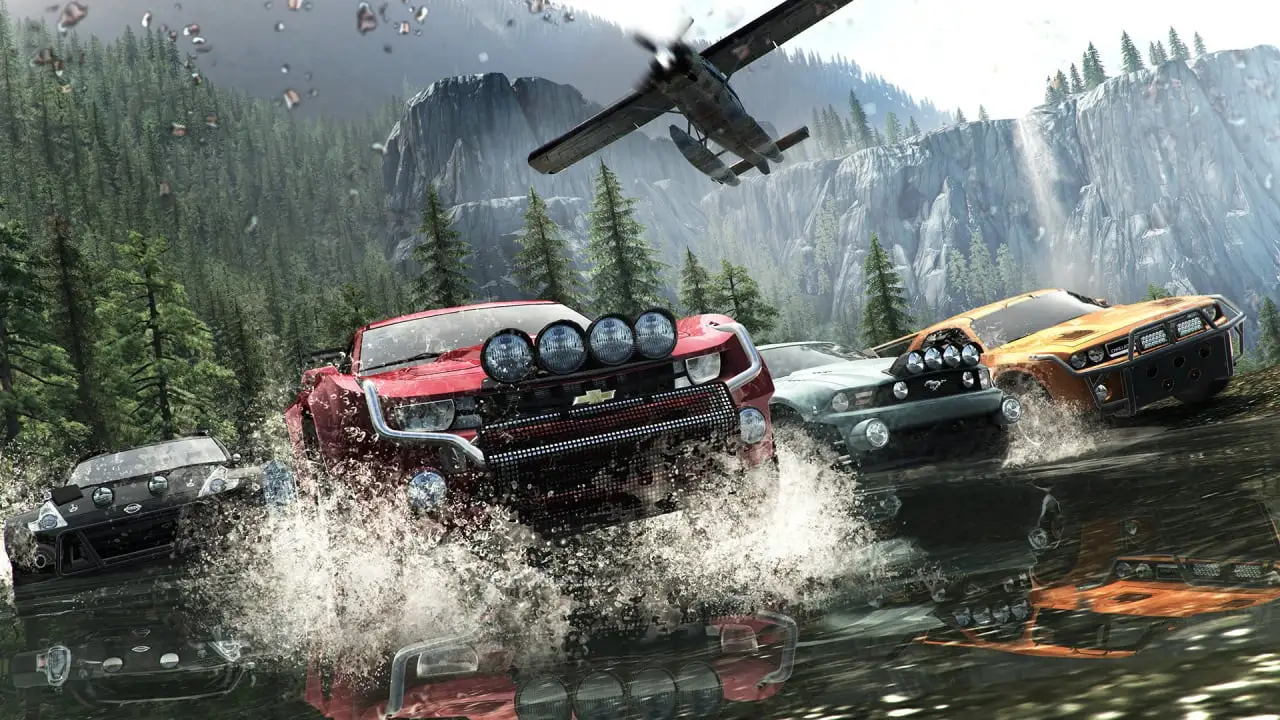As somebody who makes a living via creative merit, I sure as hell hope not.
If everything else comes with art, it won't be a problem as there wouldn't be a need to make a living any longer. Though I do share you concern during the transition, assuming that we're even heading in a good direction.
I also don't think its realistic as not everyone has the desire to produce art/media even if they could do it with no effort.
That's fine, my goal is to make my own. So really I'd only need the technology to advanced to the point where it can reach my needs. Though I'd like for anyone to have the ability if they want.
It's not as if making art (talking basic here) is terribly difficult to begin with
It's not, though I'm aiming a little higher than basic. AI can make a somewhat realistic movie even now, barring rough edges like giving people extra fingers randomly. I've written short stories and made sketches, but I don't feel like the effort to go beyond that is worth it right now. To my eye it looks like it will eventually be realistic for anyone with a PC and a week of free time to make a full length movie of passable quality, although I don't know if that's 20 years away or 120.
What's more likely is that producers of art (all forms) will just be able to make more of it (probably too much) but I suspect there will always be some kind of exchange for it.
I could accept that if it allows producers to sell to individuals instead of going for mass appeal. AI should be no different than hiring a studio to create something that you envision but lack the skill to create.
At some abstract point it's basically the AI acting as an intermediary directly between a person's imagination and an audience...but that's still some kind of intellectual property worth something.
I agree, AI is a tool just like a ruler. It doesn't remove creativity. My desire is that the tool becomes good enough and cheap enough that everyone has one, though I can still benefit even if things don't go that far.
If it's an infinite amount of money, it's an infinite amount of product. For example, if you're talking about a netflix subscription being an infinite amount of product (i.e. an infinite amount of time), then the consumption of the product is also infinite (due to the infinite amount of time to consume).
There are cases where a subscription is justified, but I feel like there are a lot more subscriptions in the world than there are suitable cases for them. Netflix is fine conceptually, though I'd prefer to have a DVD copy of something I'd want to watch if I have to pay for it. Games as a service don't appeal to me, but charging upkeep for the online portions can make sense.



